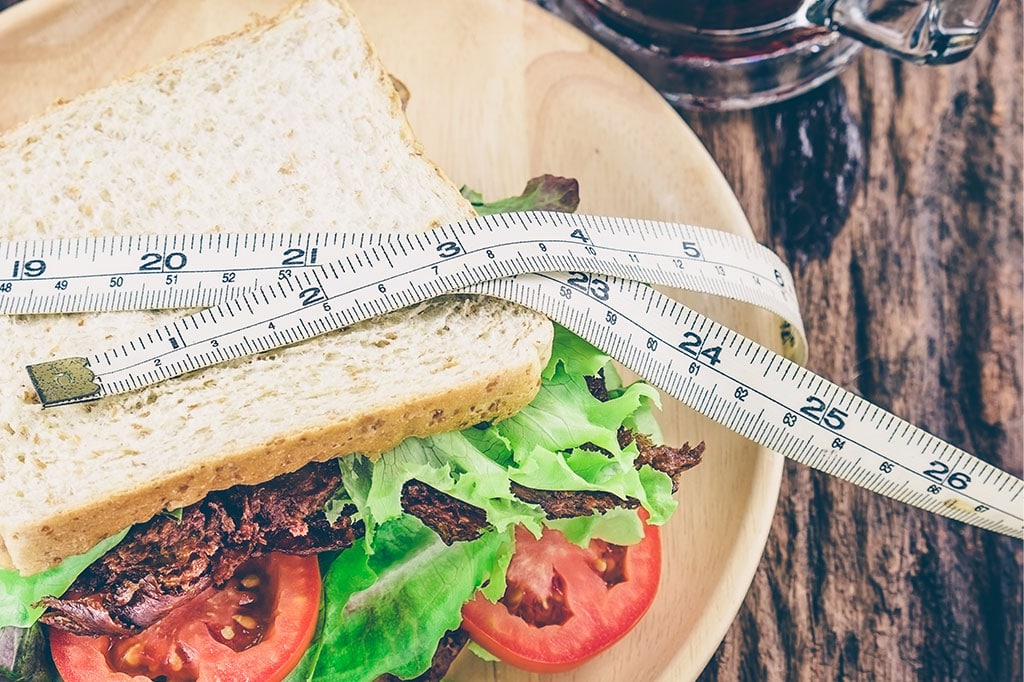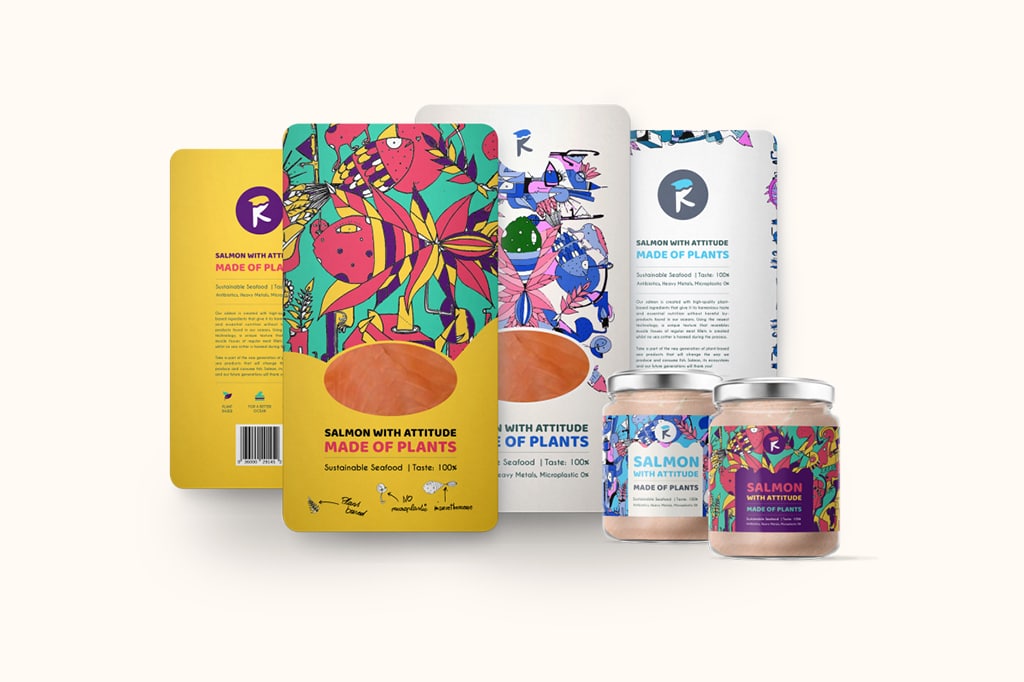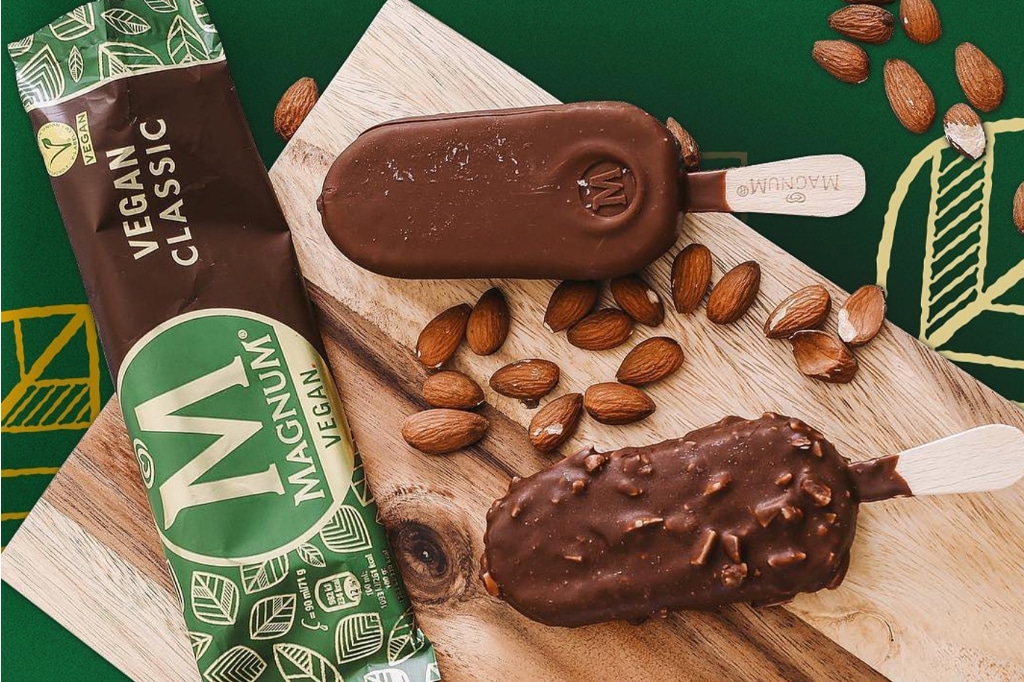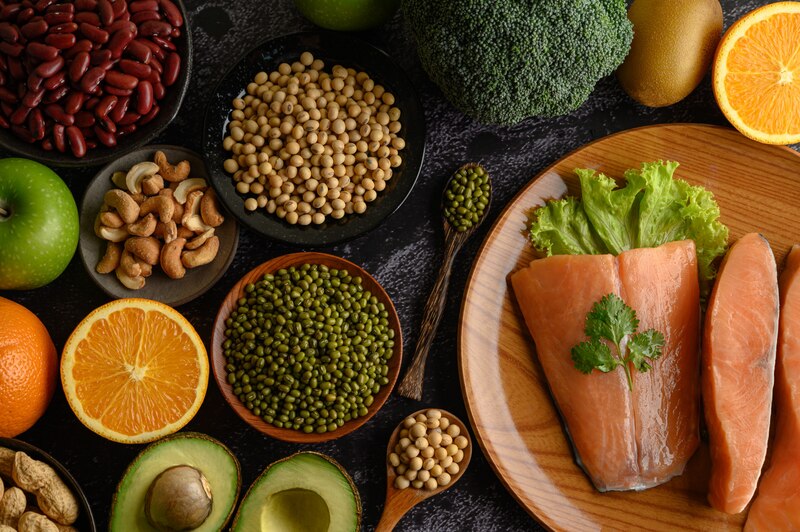Being overweight increases yours to illness diabetes, heart disease, cancer, high blood pressure, and kidney and liver disease for starters.
The million-dollar question now is how do we help people to lose weight and teach them better eating habits?
How A Plant-Based Diet Can Help
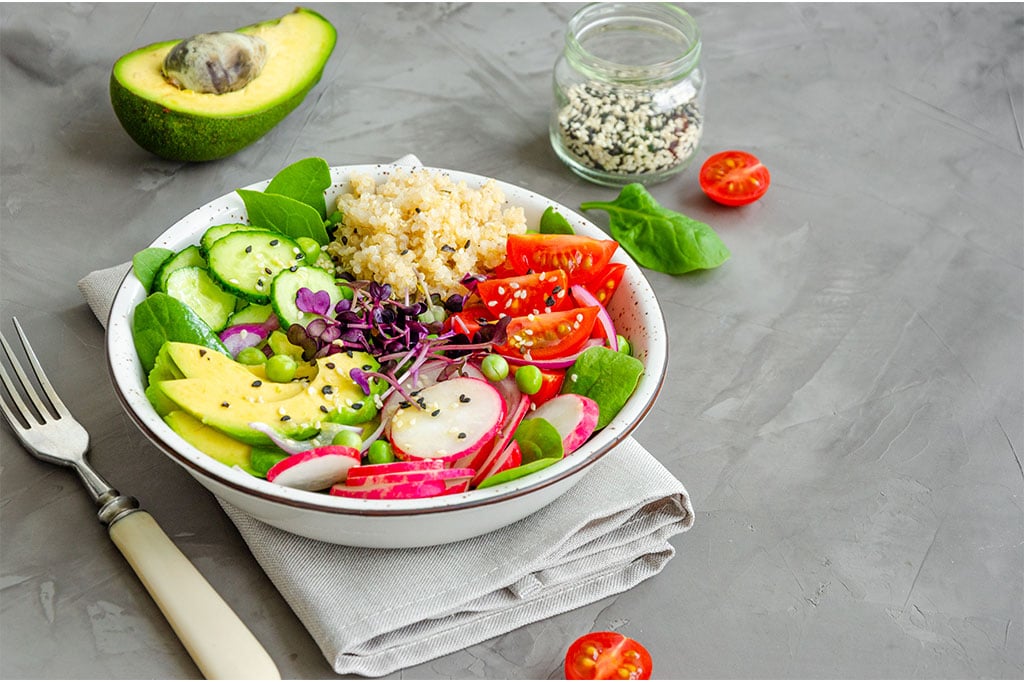
Meat eaters are three times more propensity for obesity than vegetarians and nine times the obesity rate of vegans. So, if A=B and B=C, A=C means if we just cut eating meat and dairy will immediately improve our chances of weight loss.
This is not new, back in 2005 a Swedish study showed that self-identified semi-vegetarian, lactovegetarian, and vegan women have a lower risk of obesity than omnivorous women. The advice then was to ‘consume more plant foods and fewer animal products to help control your weight.
So, whether we go fully vegan, or remain flexitarian when you eat fewer animal products and more plants it will help you lose weight, and then improve your health.
What Are The Barriers?

Lots of people say that when they moved to a vegan diet, they felt always hungry. Why is this?
Mainly is because if you move from high fat, calorie-dense foods such as meat and dairy, so the body takes a while to adjust.
The solution is to eat more calories or eat better proportions, and a wider variety of proteins. Legumes such as chickpeas, combined with tofu, quinoa, and a sprinkling of nuts and seeds for example will combine to give a greater protein content than just eating chickpeas alone.
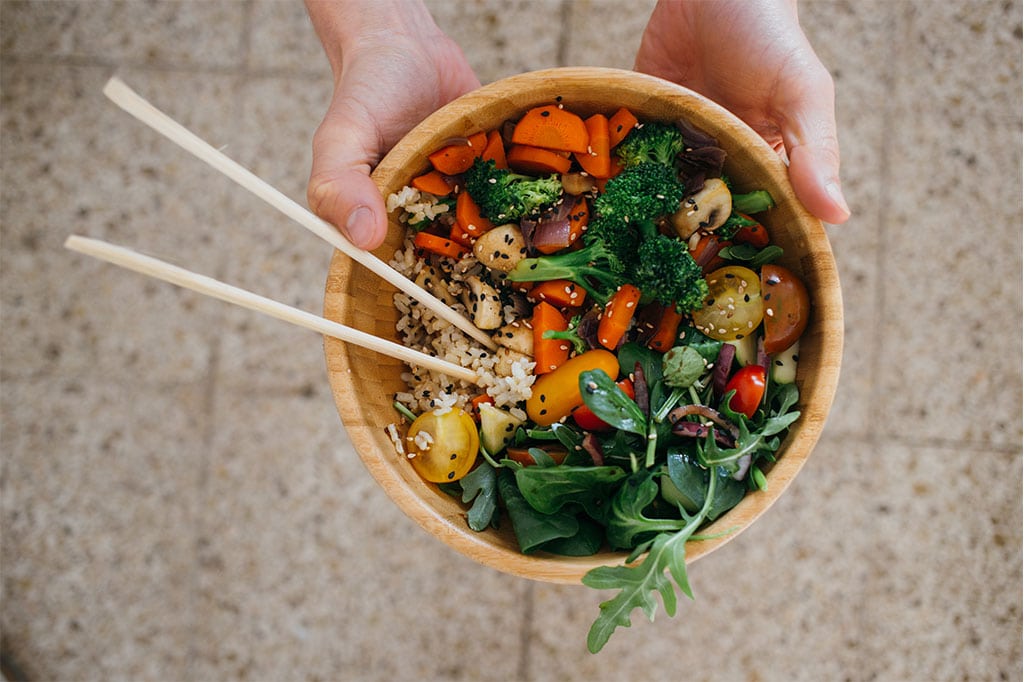
Another aspect is that one must mainly stick to natural whole foods, fruits, vegetables, legumes, and whole grains and avoid as much as possible if not at all, processed foods. Especially since with the explosion in plant-based meat replacements currently, it’s easy to lose sight of this.
Meat replacements play a big part in the conversion to eating more plant-based foods and fewer animal products, HOWEVER, they are not a sustainable solution for health and especially for weight loss.
Filthy Vegan
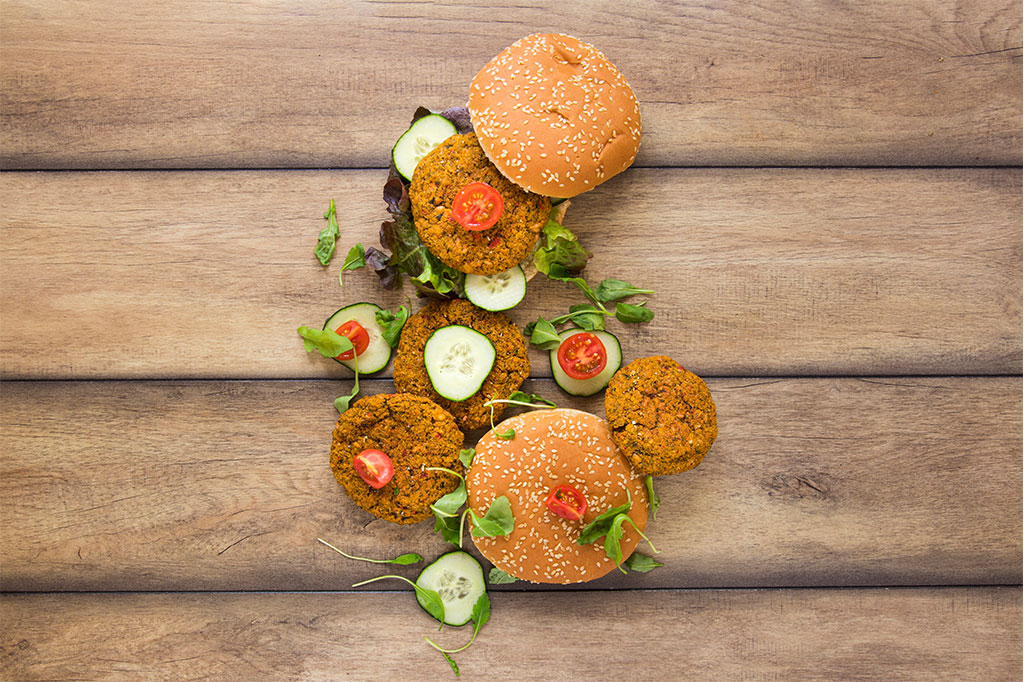
Right now we are experiencing an explosion in vegan junk food, known as ‘filthy vegan’. Filthy vegan is huge on the plant-based biosphere right now.
Enormous plant-based burgers, deep-fried seitan (basically wheat gluten), chips, mayo, mac and cheese, all comfort foods and no doubt delicious BUT they are extremely high in calories and low in natural unprocessed ingredients.
Don’t You must not think that if you just eat plant-based food without paying attention to nutrition facts and counting calories it will lead to better health and weight loss. The first vegan I ever met was very large and overweight. He lived on a diet mostly of Vegan SNACKS and Vegan Cheese!
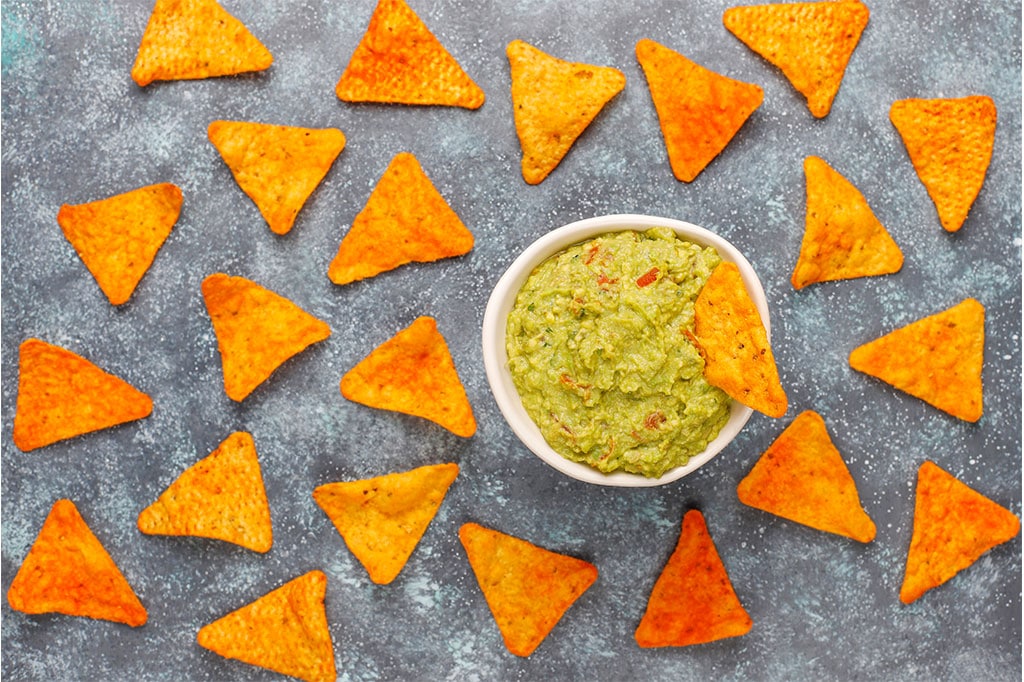
How Do We Make Plant-Based Food Delicious And Interesting?
It will be mainly by a gut-friendly food, low in refined carbs, natural vegetables accompanied by nutrient-dense components such as nuts and seeds.
We must have a big focus on layering flavors and tastes combining to get that explosion of deliciousness that overrides any need to eat huge portions to feel satisfied.
Another recommendation is to use fermented and pickled foods too since they are very good for our microbiome and overall health.
Fermented foods also play a huge part in strengthening the immune system, they are probiotic, improving our digestive system and natural gut flora, which support all bodily functions and helps with weight loss.
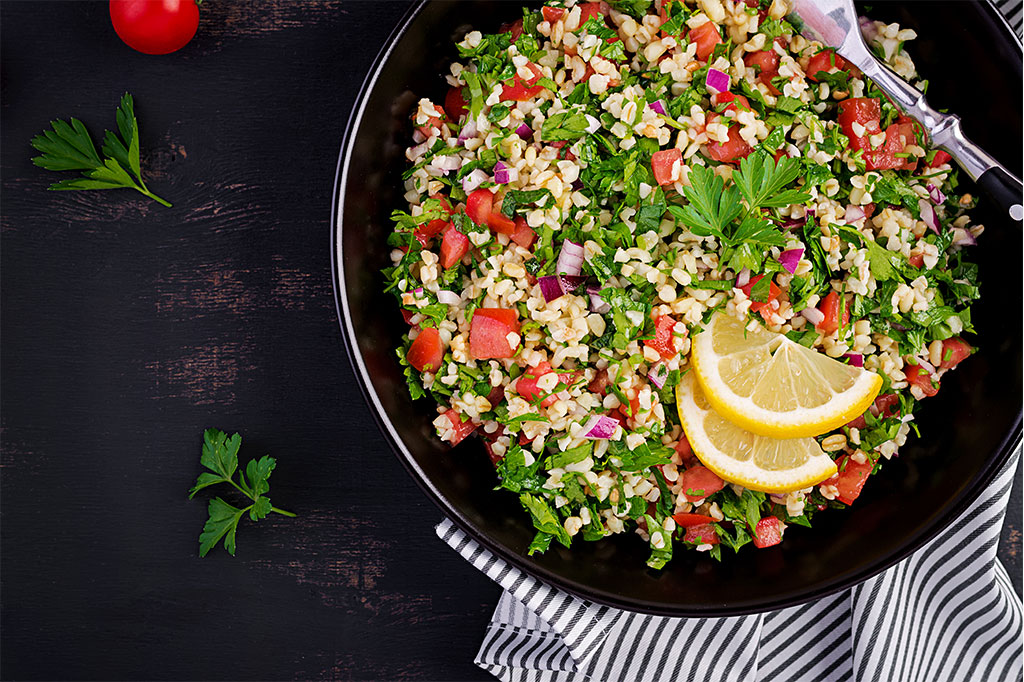
We need to move away from junk across the board, if it’s plastic-wrapped and in the supermarket deli fridge, it’s probably best avoided – whether it’s vegan or not!

